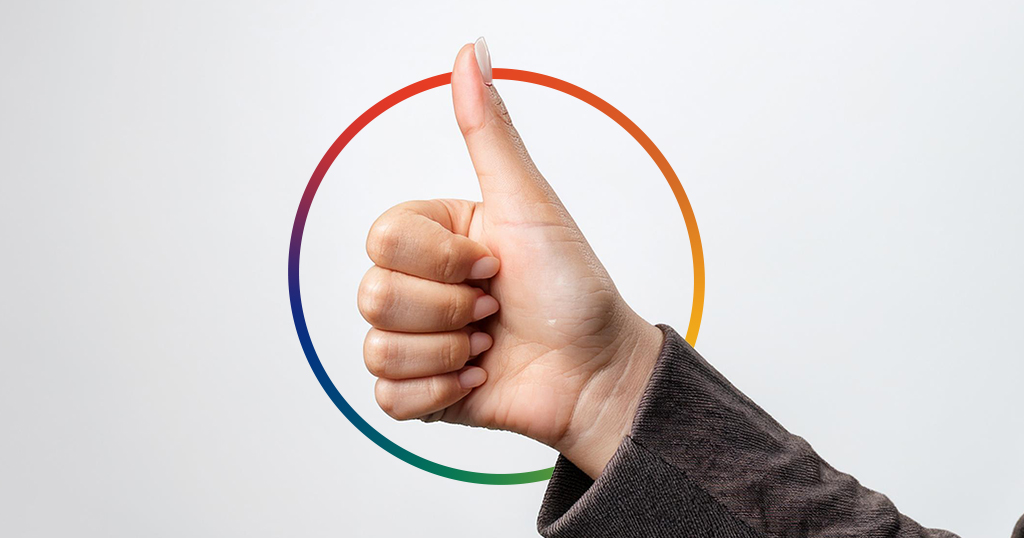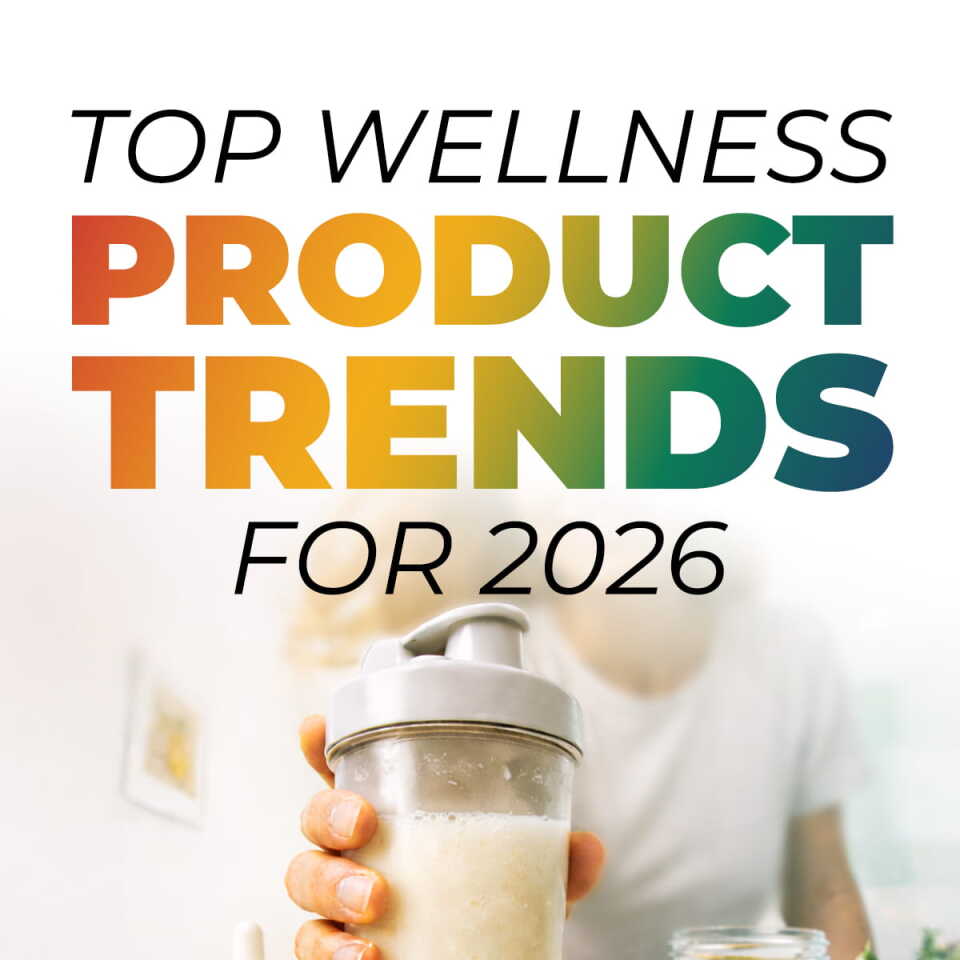In today’s market, consumers are increasingly prioritizing products that not only enhance personal wellness but also promote environmental sustainability. According to McKinsey & Company (2023), 78% of global consumers consider sustainability a key factor in their purchasing decisions, with sustainable products experiencing 2.7 times faster growth than non-sustainable alternatives. This shift has led to a growing demand for wellness products that are both effective and eco-friendly. Brands that embrace clean-label formulations, sustainable sourcing, and ethical manufacturing are positioning themselves for long-term success in the evolving wellness industry.
The Rise of Sustainable Wellness

Recent studies indicate that products marketed as sustainable have seen a significant increase in consumer demand. Innova Market Insights (2023) reports that the clean-label movement has experienced an 8% increase in product performance, reflecting a strong preference for transparency and natural ingredients.
In the wellness sector, this trend is particularly evident as consumers actively seek free-from artificial additives and preservatives products. Transparency in ingredient sourcing and sustainable packaging are now essential for building trust and loyalty among consumers.
Consumer Willingness to Invest in Sustainability
Despite economic challenges, many consumers are willing to pay a premium for sustainably produced or sourced goods. A global survey by PwC (2024) found that consumers are willing to spend an average of 9.7% more on sustainable products, highlighting the increasing value placed on ethical and eco-friendly wellness solutions.
The Clean Label Movement in Wellness

The clean-label movement emphasizes products that are free from artificial additives, preservatives, and unnecessary processing. In the wellness industry, this translates to supplements and health products made with natural, recognizable ingredients. As more consumers scrutinize product labels, transparency and simplicity are becoming essential factors in purchasing decisions (Future Market Insights, 2024).
Key Trends Driving the Clean Label Market:
- Demand for Natural Ingredients: Consumers prioritize plant-based, organic, and non-GMO formulations.
- Transparency in Labeling: Clear ingredient sourcing and ethical production practices build brand trust.
- Sustainable Packaging: Brands adopting biodegradable and recyclable packaging are gaining customer loyalty.
HH Processors’ Commitment to Sustainable Wellness

At HH Processors, we recognize the importance of aligning with these consumer values. Our commitment to sustainability is reflected in our science-backed, clean-label formulations.
- Sustainably sourced ingredients: Ensuring ethical, high-quality formulations.
- Vegan, cruelty-free, and non-GMO options: Meeting the highest clean-label standards.
- Eco-friendly packaging solutions: Helping brands reduce their environmental footprint.
By focusing on both personal well-being and environmental responsibility, HH Processors provides high-quality wellness solutions that consumers can trust and feel good about using.
Conclusion: The Future of Wellness is Sustainable
The intersection of sustainability and wellness represents a significant opportunity for brands to connect with conscious consumers. By embracing sustainable practices, clean-label formulations, and ethical ingredient sourcing, brands can meet the growing demand for products that support both personal health and the health of the planet.
References
Future Market Insights. (2024). Clean label supplement market trends and analysis. Retrieved from https://www.futuremarketinsights.com
Innova Market Insights. (2023). Global trends in clean label supplements. Retrieved from https://www.innovamarketinsights.com
McKinsey & Company. (2023). Consumers are in fact buying sustainable goods: Highlights from new research. Retrieved from https://www.mckinsey.com
PwC. (2024). 2024 Global consumer insights survey: Sustainability trends. Retrieved from https://www.pwc.com











